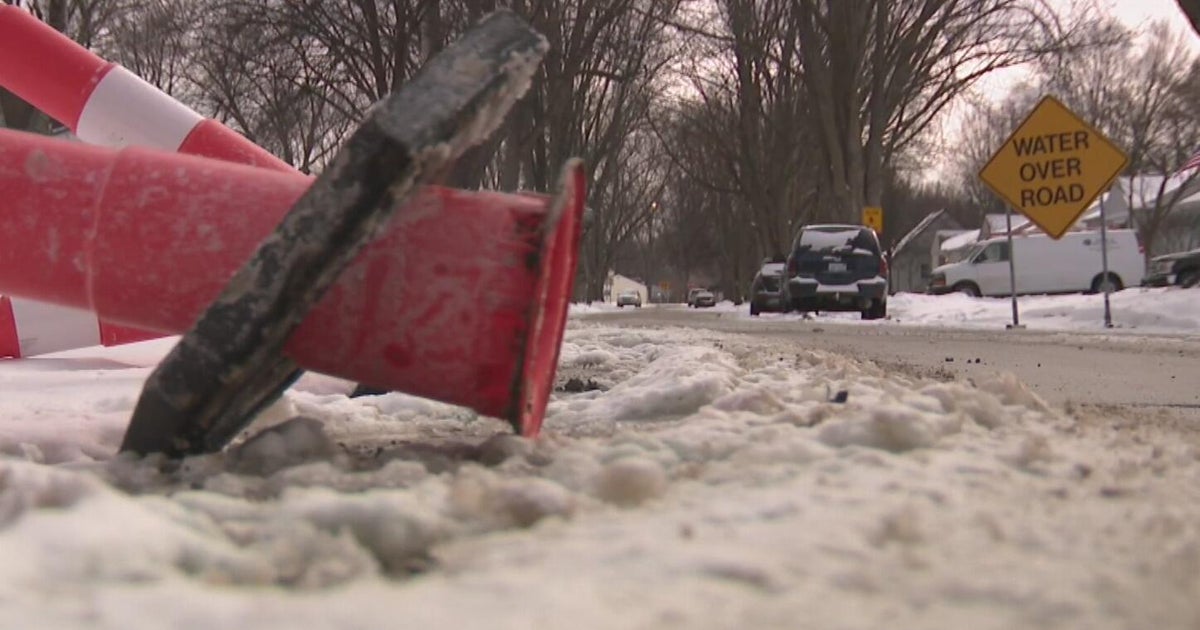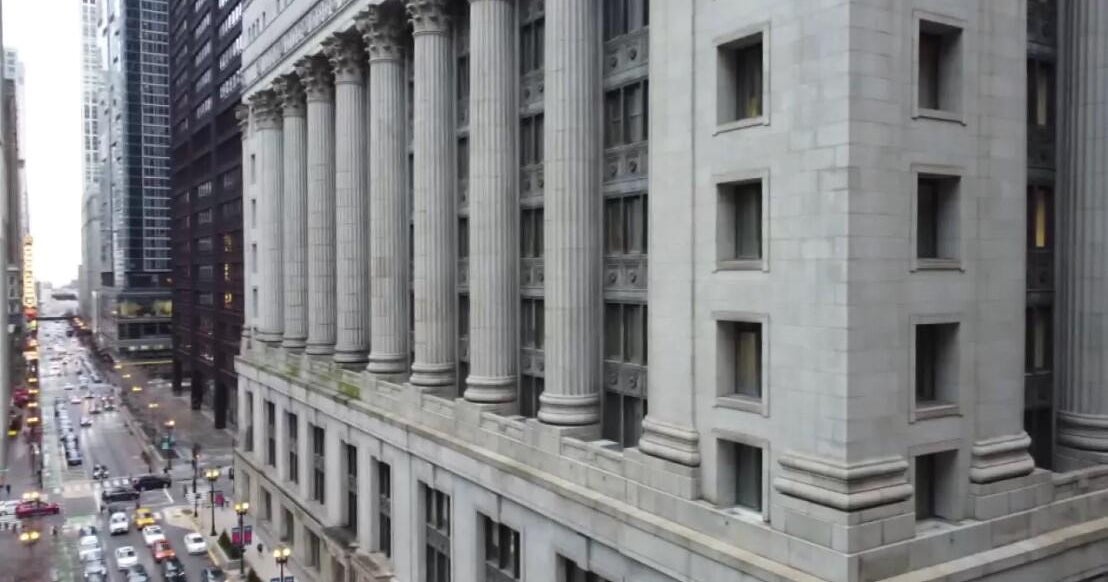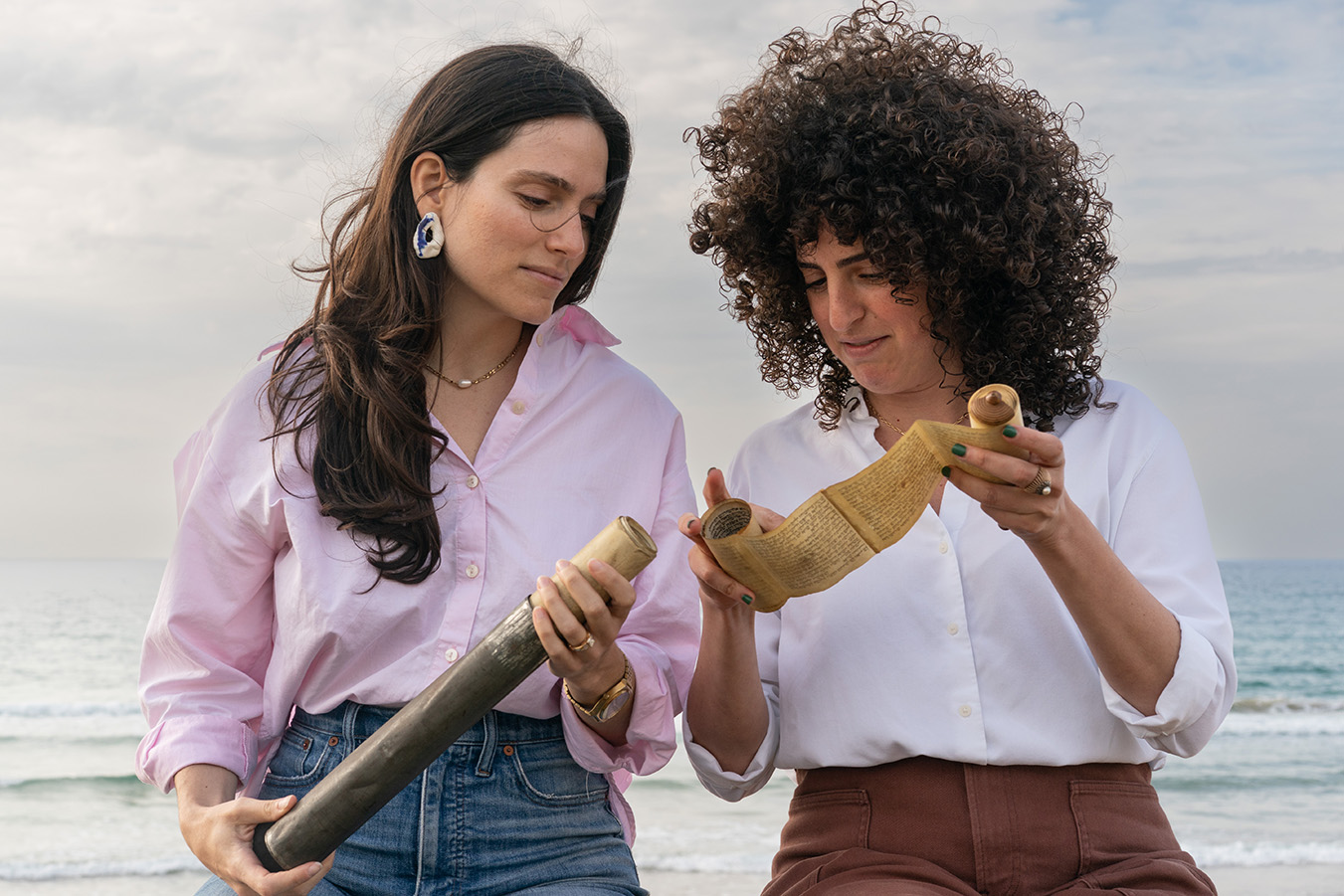The day Vesuvius blew its top
People tend to know the story of Pompeii: the ancient Roman city buried under a thick blanket of volcanic rock; its people entombed in ash, frozen in time. But less well known is its neighbor Herculaneum, an ancient city that also sat in the shadow of Mt. Vesuvius. The volcanic eruption that destroyed Pompeii also buried Herculaneum, and along with it, a likely repository of ancient Western wisdom—a library filled with papyrus scrolls.
This week on 60 Minutes, Bill Whitaker reports on the scholars and scientists now trying to figure out how to read Herculaneum's delicate scrolls without having to open them. He speaks with Andrew Wallace-Hadrill, founding director of the Herculaneum Conservation Project. In the video above, Wallace-Hadrill explains what likely happened that fateful August day in 79 AD, when Vesuvius buried Herculaneum—and its library of scrolls—for centuries.
Before Vesuvius erupted, Wallace-Hadrill says, a series of minor earthquakes shook the ground in Herculaneum, lulling its residents into complacency. "That is probably one reason why people didn't take evasive action," he says. "They thought to themselves, 'Here we go again—another earth tremor.'"
But the tremors merely foreshadowed the destruction to come. Vesuvius violently erupted, shooting superhot gas, ash, and molten rock 20 miles up into the stratosphere.
The people in Herculaneum were able to see the eruption and tried to escape. Archaeologists found bodies next to bags of gold coins and stacks of expensive jewelry, an indication that Herculaneum's people tried unsuccessfully to flee with their valuables.
Interestingly, though Pompeii and Herculaneum are just 20 minutes apart by car today, the eruption impacted the towns in different ways.
As Wallace-Hadrill explains, pulverized pumice rained down on Pompeii, blanketing the city in up to 20 feet of volcanic rock. Herculaneum endured a much more harrowing fate. Hours after the pumice fell on Pompeii, billowing clouds of hot gas and ash—called pyroclastic surges—blew through Herculaneum, instantly killing anyone caught up in them. Wave after wave, the layers of pyroclastic material built up until it compacted into rock. Ironically, the rock ended up preserving the city for future discovery.
"That's the paradox," Wallace-Hadrill says. "The means of destruction is the means of preservation."
The heat from Vesuvius' blast was much greater in Herculaneum than it was in Pompeii, which also helped preserve the town. In Herculaneum, the temperature reached 400-500° Celsius (up to 900° Fahrenheit) which carbonized organic material, such as wooden doors and discarded food. That's why archaeologist found whole loaves of bread and sacks of flour in Herculaneum but not in Pompeii, where the temperature only reached 200° Celsius (about 400° Fahrenheit).
As Wallace-Hadrill warns, the infamous volcano can—and will—strike again.
"One day there will be another eruption," he says. "One day the houses of the modern town will be destroyed by another eruption."
In 2014, correspondent Scott Pelley reported on what will happen when Vesuvius does erupt again. Pelley spoke with American volcanologist Mike Sheridan, who estimated that, if Vesuvius were to explode today with the same force that it did in 79 AD, up to 3.5 million people could be killed.
"It has different personalities and the last personality was rather benign," Sheridan told Pelley. "But it's got some mean personalities down there that we don't want to experience in our lifetime."
The video above was edited by Sarah Shafer Prediger.










